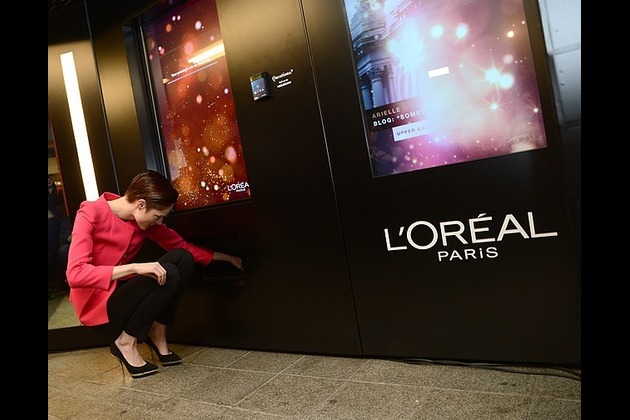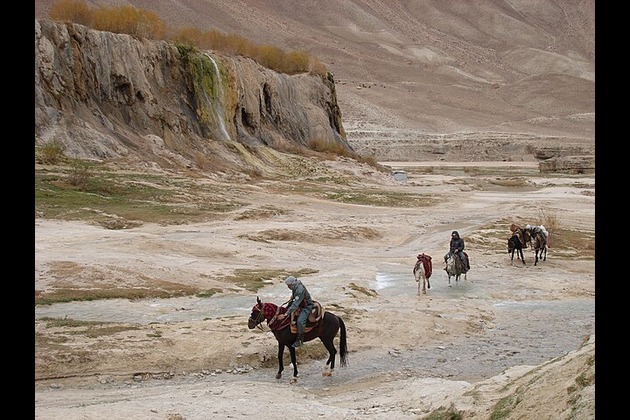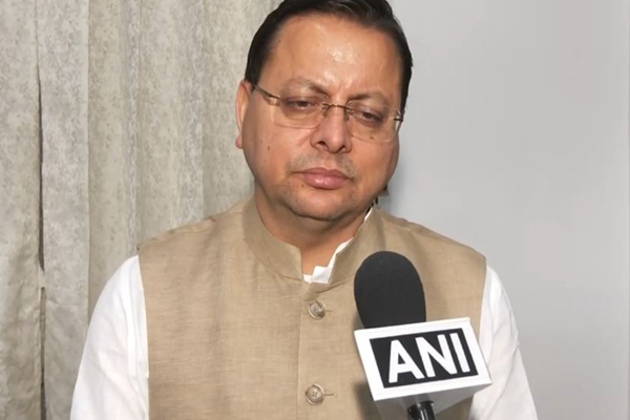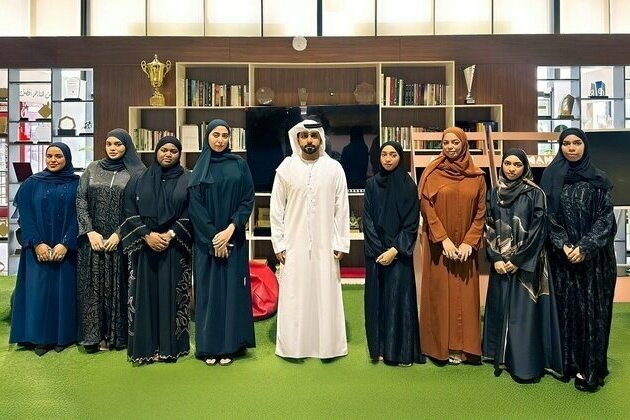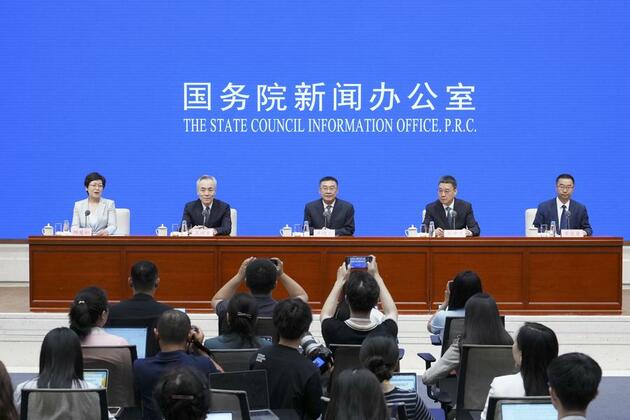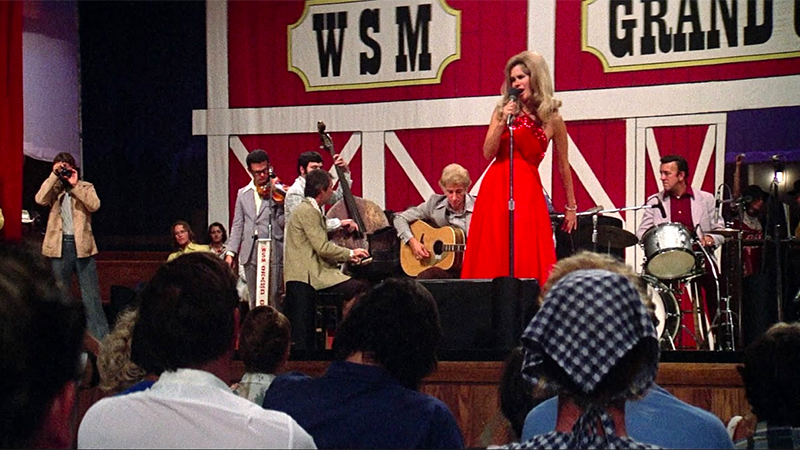Coalition's arts recovery package lacks heart
Independent Australia
02 May 2021, 14:22 GMT+10
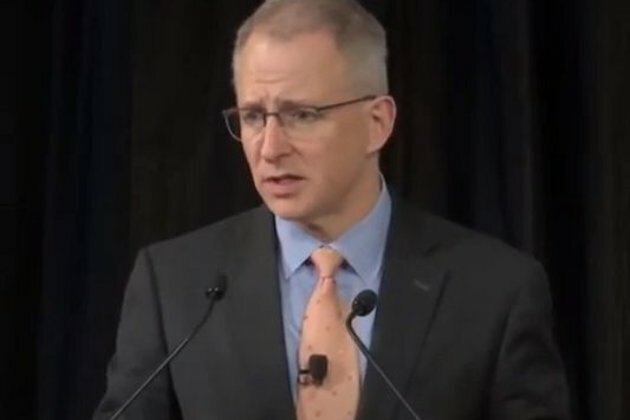
Belated arts support offered by the Coalition does little to encourage stable recovery from the impacts of funding cuts and COVID-19, writes Leya Reid.
EARLIER IN April 2021, Minister for Communications, Urban Infrastructure, Cities and the Arts Paul Fletcher gave a speech at Sydney Institute where he noted that the value and importance of the arts sector to the Australian identity, economy and people cannot be underestimated.
Expressing his commitment and support for the industry, he reminded listeners of the arts recovery package and past contributions by the Coalition to the arts.
Conveniently, Fletcher failed to acknowledge the steady decline in available arts funding relative to population growth over the last decade (expenditure in the cultural area fell 18.9% per capita between 2008 and 2018). Nor did the Minister mention the Coalition's decision to facilitate the disappearance of the Federal arts department by merging it into the new Department of Infrastructure, Transport, Regional Development and Communications.
Never mind his Government's choice to ignore the united calls from the arts sector for urgent, comprehensive stimulus during the pandemic.
Responding to Fletcher's claim the "level of funding committed to the arts by the Morrison Government in 2020-21 has been unprecedented", Associate Professor/Principal Fellow (Hon) at the University of Melbourne, Dr Jo Caust, reminds us in The Conversation:
Decline in operational funding
With the dramatic contraction of the Australia Council for the Arts' discretionary funding - which had been used to support the core operations of small-to-medium organisations and independent artists - the engine room of contemporary artistic practice is in real danger. It is here that the cultural work is generated which will become the expression of Australia's cultural identity in the future.
When considered alongside similar trends in state government arts budgeting over the past years, a bleak forecast is painted for the sustainability of our major cultural institutions, small-to-medium arts organisations, as well as the specialist staff they employ and the Australian artists they present.
In between multimillion-dollar funding cuts flagged for NSW's major cultural institutions, the Northern Territory Government's 11% cut to the Museum And Art Gallery Northern Territory (MAGNT) budget and a 10% staff reduction at the National Gallery of Victoria (NGV) in 2020, the quality of Australia's art and programming are at risk.
These operational budget cuts are compounded by the annual efficiency dividends that apply every year to all government departments in order to generate budget savings. Introduced by the Hawke Government in the late 1980s, this annual funding reduction (varying between 1% to 2.5%) was rationalised on the expectation that small efficiency improvements will generate savings. Efficiency dividends are similarly applied to the operations of most state and territory governments.
The cumulative effect of year-on-year cuts to operating budgets, which are especially felt by arts workers, are devastating. The size of the operating budget determines what can be planned outside of the basic upkeep of the state's institutions - basics like administrative staff, rent and office expenses, marketing and audience development - all of which tends to increase each year with general inflation. While project funding allows organisations to create and present work and pay artists fairly, that kind of funding does not support core operations - administrative costs are explicitly excluded.
Undermining the solid core of operational sustainability strips the capacity of our cultural institutions to deliver rich, diverse and innovative exhibitions that drive domestic tourism and economic growth. Furthermore, this curtails their ability to absorb economic shocks such as the pandemic recession.
Shortfalls of the RISE Fund
The fatigue felt by many small-to-medium organisations is exacerbated by the unsuitability of the Federal Government's Restart Investment to Sustain and Expand (RISE) Fund criteria.
The program is intended to
The eligibility requirements excluded Commonwealth, state or territory government agencies or bodies (including government business enterprises), which means that many university and local government-run galleries - who do not have an Australian Business Number (ABN) distinct from the Australia Council for the Arts - were excluded. Under changes to the guidelines yet to be released, local government-owned organisations will now be able to apply for RISE.
Many of the remaining organisations that are eligible for the fund are so preoccupied with the recovery of core organisational funding, they have very little resources to expand or develop new projects.
The RISE Fund falls into the "one-size-fits-all" approach to arts public funding where once again the government has failed to acknowledge that different parts of the arts ecosystem are financed in different ways.
According to a National Association for the Visual Arts' (NAVA) 2017 report:
A chance to reimagine arts policy
The belated arts support package currently offered suggests there is some truth to Fletcher's recognition that culture is valued by this Government. Yet the narrow focus on entertainment and events does little to encourage stable sector recovery from the impacts of successive years of funding cuts and recent bushfires, floods, storms, COVID-19 shutdown and economic recession.
Politicians have failed to focus on those COVID-19 has hit hardest
As published in The Conversation, Professor of Creative Arts at Griffith University Julian Meyrick, Professor of Media and Culture at Griffith University Julianne Schultz and Professor of Cultural Economy at the University of South Australia Justin O'Connor, argued:
There has never been a better time for the Coalition Government to implement a national arts and culture plan with a set of strategies for stimulating Australia's creative output and Australian culture through increased funding and programs across the three tiers of government. Generous investment is required to nourish a sustainable model that can guarantee state, federal and international cultural programs and visitation.
Active leadership requires listening to local expertise and grassroots knowledge, and industry representatives who can provide culture-specific expertise and a comprehensive understanding of the full scale and scope of all parts of the arts ecology. The Creative Australia policy - drafted and released in 2013 prior to the change in government - sets out five overarching goals, developed in close consultation with the community. It provides an ambitious framework to build on.
COVID-19 has given us a chance to reimagine arts policy and a useful starting point is recognising the critical role art and culture plays in a post-COVID recovery through a broader policy agenda and committing sustained funding needed to see it through.
Leya Reid is the Communications & Advocacy Manager at the National Association for the Visual Arts (NAVA).
Related Articles
 Share
Share
 Tweet
Tweet
 Share
Share
 Flip
Flip
 Email
Email
Watch latest videos
Subscribe and Follow
Get a daily dose of International Travel News news through our daily email, its complimentary and keeps you fully up to date with world and business news as well.
News RELEASES
Publish news of your business, community or sports group, personnel appointments, major event and more by submitting a news release to International Travel News.
More InformationBusiness
SectionStandard and Poor's 500 and and Nasdaq Composite close at record highs
NEW YORK, New York -U.S. stock markets closed with broad gains on Thursday, led by strong performances in U.S. tech stocks, while European...
Persson family steps up H&M share purchases, sparks buyout talk
LONDON/STOCKHOLM: The Persson family is ramping up its investment in the H&M fashion empire, fueling renewed speculation about a potential...
L'Oreal to buy Color Wow, boosts premium haircare portfolio
PARIS, France: L'Oréal is making a fresh play in the booming premium haircare segment with a new acquisition. The French beauty conglomerate...
Robinhood launches stock tokens for EU investors, adds OpenAI
MENLO PARK, California: Robinhood is giving European investors a new way to tap into America's most prominent tech names — without...
Wall Street diverges, but techs advance Wednesday
NEW YORK, New York - U.S. stocks diverged on Wednesday for the second day in a row. The Standard and Poor's 500 hit a new all-time...
Greenback slides amid tax bill fears, trade deal uncertainty
NEW YORK CITY, New York: The U.S. dollar continues to lose ground, weighed down by growing concerns over Washington's fiscal outlook...
Travel and Tourism
SectionTaliban seeks tourism revival despite safety, rights concerns
KABUL, Afghanistan: Afghanistan, long associated with war and instability, is quietly trying to rebrand itself as a destination for...
Native leaders, activists oppose detention site on Florida wetlands
EVERGLADES, Florida: Over the weekend, a diverse coalition of environmental activists, Native American leaders, and residents gathered...
UN offer rejected in Dreamliner crash investigation
NEW DELHI, India: India has decided not to allow a United Nations (UN) investigator to join the investigation into the recent Air India...
Preparations underway for Kumbh Mela scheduled to be held in Haridwar in 2027: Uttarakhand CM
Dehradun (Uttarakhand) [India], July 4 (ANI): Uttarakhand Chief Minister Pushkar Singh Dhami said that preparations are underway for...
Ajman Tourism launches 2nd 'Self-Exploration through Tourism' summer training programme
AJMAN, 4th July, 2025 (WAM) - Following the resounding success of its first edition, the Ajman Department of Tourism Development (ADTD)...
China to hold extensive cultural events marking 80th anniversary of victory against Japanese aggression, fascism
BEIJING, July 3 (Xinhua) -- China will organize an array of cultural events to mark the 80th anniversary of the victory in the Chinese...



